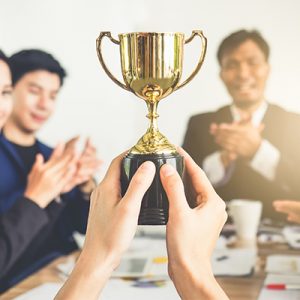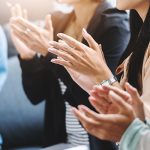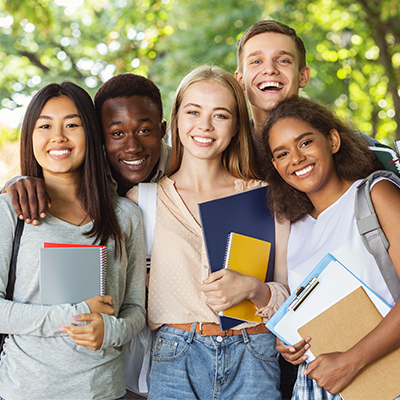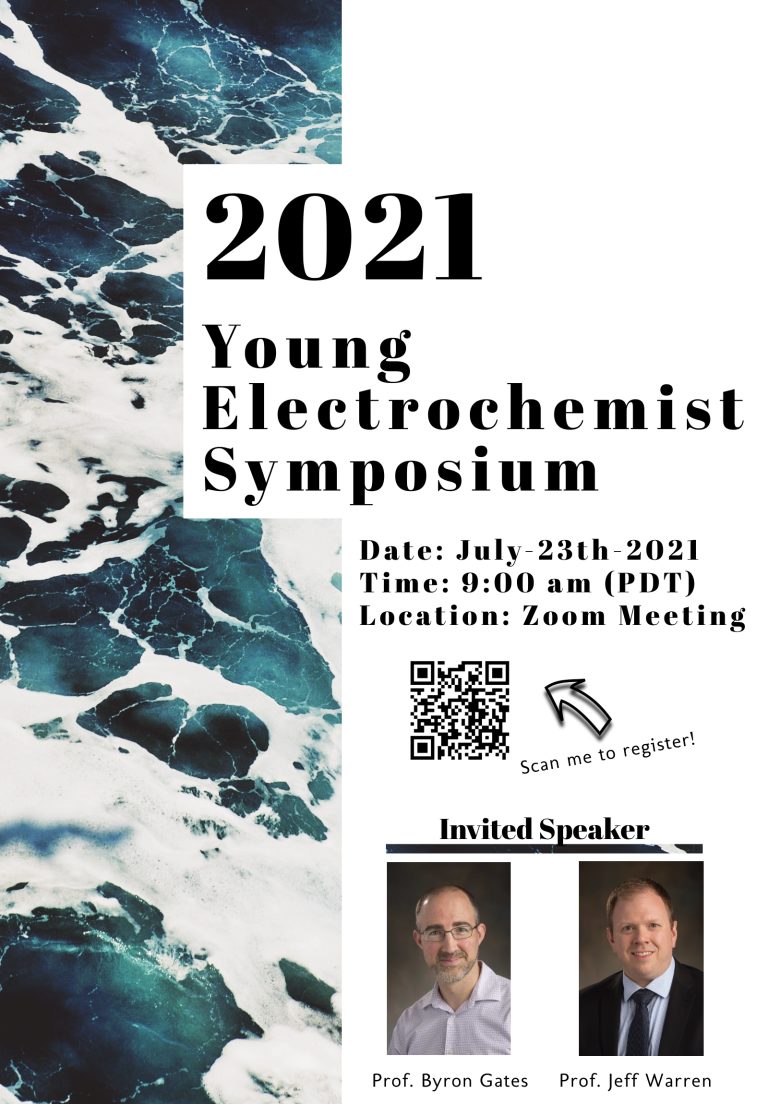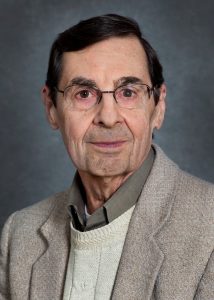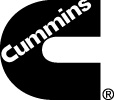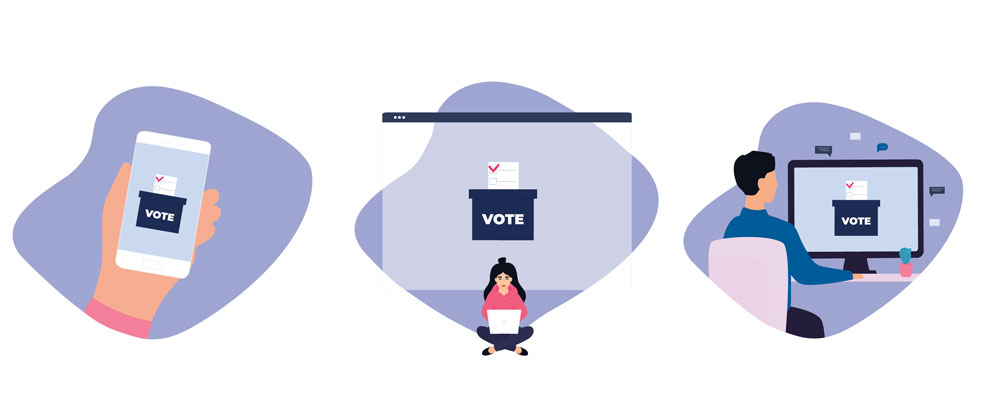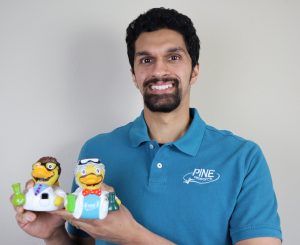
Alex Peroff, PhD, with (from left to right), Pine Research mascots the Post-Duck and Dr. Reducks.
Alex Peroff Looks on the Bright Side
Last spring, when the Society spoke with Alex Peroff, PhD, Electroanalytical Scientist at Pine Research, we were impressed by his positive attitude in the face of the challenges posed by the pandemic. We wondered if, after a year of living under COVID-19 restrictions, he was still as upbeat. The short answer: yes! The long answer follows.
Life not on the road
Before 2020, Peroff traveled extensively. Since spring 2020, he’s worked from home. “My only travel was to drive to Pine’s Pennsylvania facility last summer. There were a lot of social distancing protocols to make sure that everything was safe. Before, everyone worked together on a first shift. Now there are two shifts. I don’t think there’s going to be much safe travel until more people are vaccinated and the numbers of new cases significantly decrease. It’ll be a slow process.”
(more…)
 The ECS Student Chapter program continues to expand as students around the world join ECS’s global community. On October 22, 2021, the Board of Directors approved the chartering of four new student chapters. The Society now has 113 student chapters around the world.
The ECS Student Chapter program continues to expand as students around the world join ECS’s global community. On October 22, 2021, the Board of Directors approved the chartering of four new student chapters. The Society now has 113 student chapters around the world.

